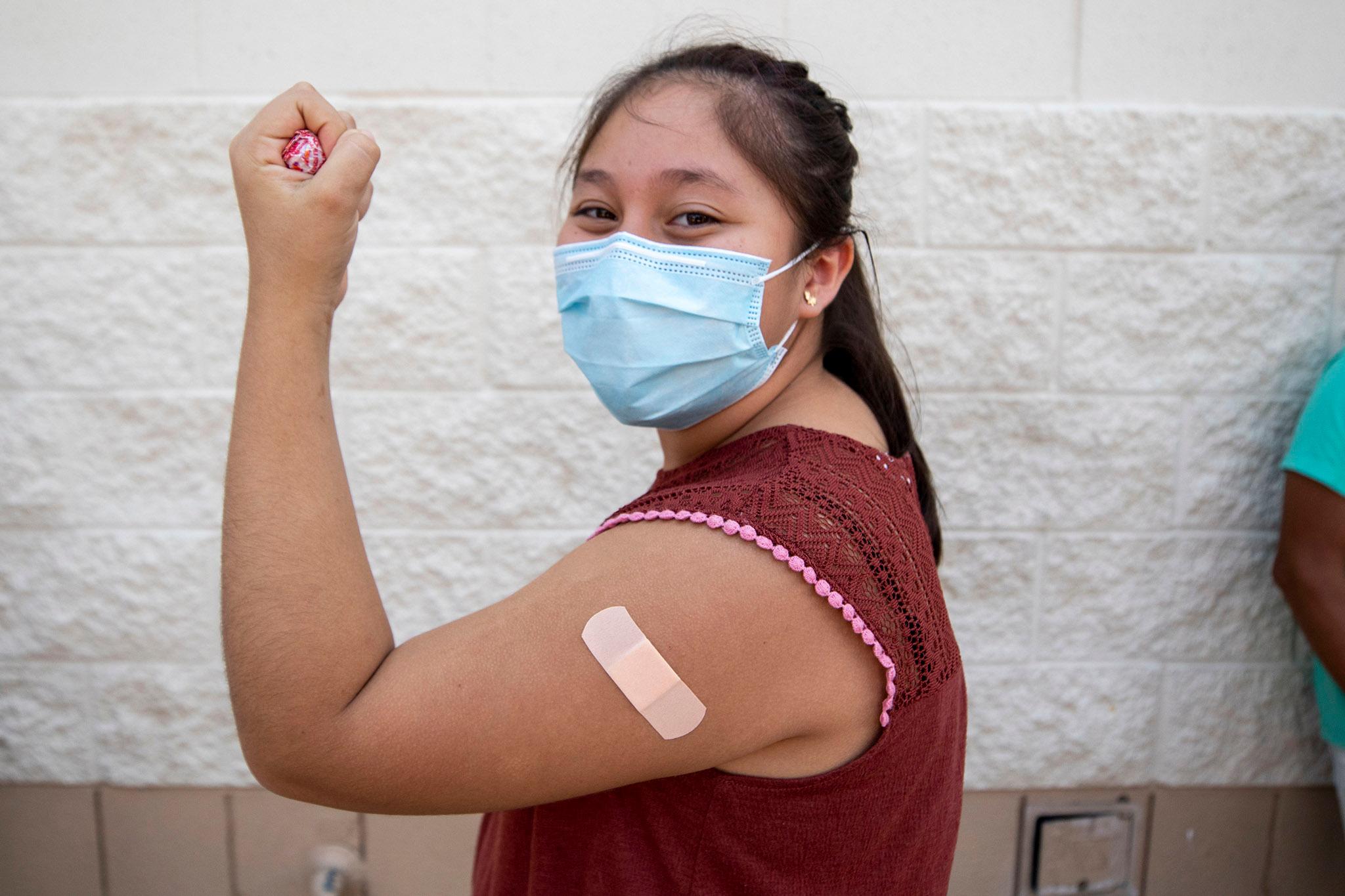
Colorado's COVID-19 outlook is brightening, as the staggering, and lightning fast, wave caused by the omicron variant recedes.
Transmission, hospitalizations and other coronavirus trends have improved significantly over the last month. Death data lags, but appears to be improving as well.
The positivity rate, the rate of positive tests, dipped below 8 percent Monday, according to the state’s dashboard.
A month ago, the number was more than triple that — a pandemic record of nearly 30 percent. Even with the state’s data not capturing the results of many at home tests, it was clear the virus was spreading far and wide. But the number has been dropping steadily since then.
Confirmed COVID-19 hospitalizations fell to 705 — half what it was just a month ago, and the lowest since the end of summer.
On Jan. 10, the seven-day average of cases reported to the state health department was almost 14,000. By Feb. 10, that had fallen to 2,500.
Variant dominated in the state
One variant — omicron — fueled the huge January wave. And state lab director Emily Travanty says it still dominates in wastewater samples.
“We really, right now, we're mostly seeing omicron almost exclusively,” she said.
She noted a subvariant of the strain, which has taken off elsewhere, is present but in low numbers now in Colorado.
“We have seen some signatures of the BA.2 subvariant of omicron here in Colorado but it's been a very minor contributor, and we have not seen it take off the way it has in Denmark.” she said.
Despite the improvement, health officials say transmission is still higher than the 5 percent goal, and they caution new variants could upend the progress.
“This virus is very unpredictable,” the state’s incident commander Scott Bookman told reporters Thursday. “Every time we think we know what's going to happen with it, it has changed on us, over the course of the last two years.”
But, he said, the state’s modeling is “pretty clear, that we are likely to have a high level of immunity in our state over the next several months,” barring any variant that comes up, and has the ability to break through that.
Omicron considered mild, but still deadly
In the state’s numbers, one can also see in sobering detail the devastating toll of omicron in lives lost in Colorado.
The delta wave rocked the state in the fall, dealing Colorado more than 200 deaths a week for seven straight weeks, with the highest week, the one ending Nov. 14, 2021, claiming 271 lives.
The hope was after delta, the pandemic would ease up. That did not happen. The super-transmissible omicron strain came knocking around Christmastime. It rose and dropped fast, but at its peak it was as deadly as the delta variant.
When transmission spiked to record levels in Colorado, many people got sick. Around 2 million Coloradans didn’t have the vaccine shots, which research shows is highly effective at preventing severe disease, hospitalizations climbed above 1,600, within 200 of the all-time pandemic high.
While it didn’t claim lives in the same breathtaking numbers as the state’s most deadly surge from the end of 2020, when 465 people died the last week of November of that year, the omicron outbreak killed Coloradans in numbers that rivaled the delta wave.
The data on Colorado residents who’ve died lags behind, but the impact of omicron is now clear in the state’s “death among cases” data.
For three straight weeks, more than 225 people died. The week ending Jan. 16, the virus killed 274 people in the state. That one week it claimed more lives than any one week of the delta wave, according to the state’s data.
What to know about COVID, testing, masks and more in Colorado right now:
- BIG PICTURE: Omicron COVID cases are falling in Colorado. What that means for hospitals, masking and life
- J&J VACCINES: If you got the Johnson & Johnson vaccine, you should get a booster shot. Here’s why
- COLLEGE BOOSTERS: These are the Colorado colleges and universities requiring booster shots for faculty, students and staff
- HOW TO USE AT-HOME TESTS: At home rapid COVID tests: how to use them and why they may mislead you if you don’t have symptoms
- REPORTING AT-HOME TESTS: If you take an at-home COVID test and it’s positive, you’re supposed to report it to Colorado officials. Here’s how
- WHERE TO GET A BOOSTER: Here’s where you can get a COVID booster shot and test in Colorado








